With the winter season upon us, supporting your immune system by eating a diverse selection of foods & experimenting with different ways to work them in your meals are even more pressing! Nourishing your body and giving it what it needs begins with knowing which nutrients come from where – information that is key when you are aiming to prepare your body for the colder months & optimize your immune system.
The important players for immune health are vitamin C, zinc and vitamin A – as well as antioxidants – all of which are abundant in dry fruits and nuts! So, let’s take a closer look at which Sunny Fruit goods can help nourish your body, and how you can naturally support your immune system this winter.
Vitamin A
Vitamin A is a micronutrient that is crucial for maintaining vision, promoting growth and development, and protecting tissue and mucus integrity in the body. It is known as an anti-inflammation vitamin because of its critical role in enhancing immune function & plays regulatory roles in cellular immune responses and processes. The easiest way to spot foods rich in beta-carotene is by color: If a fruit or vegetable is yellow,red or somewhere in between, chances are you’ve found a good source – dried fruits such as apricots, dates, mango and figs are great sources of Vitamin A and can be easily added to your daily diet.
Zinc
Zinc is a key trace mineral that is a major player in the creation of DNA, growth of cells, building proteins, healing damaged tissue, and supporting a healthy immune system. It supports the linings of your respiratory and digestive tracts, which work to keep pathogens out of your body, and promotes blood cell development, innate immune cell functioning, and the production of various antibodies. It’s also essential for the pathways through which the production of cytokines (the signaling cells involved in the immune system) are controlled. Although the largest traces of zinc are found in high-protein foods such as red meat and sea-fish, prunes, blackberries, apricots and avocados are a good source of plant-based zinc to support your daily intake.
Vitamin C
Vitamin C is a key antioxidant that supports a wide range of immune defenses, from promoting healthy skin (which acts as a physical barrier to germs) to supporting the healthy production and function of white blood cells, and is a powerful antioxidant that can neutralize harmful free radicals. It is a water-soluble vitamin, which means that it dissolves in water and is delivered to the body’s tissues but is not well stored, so it must be taken daily through food or supplements. Apricots, kiwis, strawberries and dates in particular are vitamin C rich foods that can be incorporated in your meals and snacks.
Antioxidants
Some vitamins and minerals — including vitamins C and E and the minerals copper, zinc, and selenium — serve as antioxidants, in addition to other vital roles. Rich in protective plant compounds called polyphenols that prevent cell and tissue damage by managing oxidation, figs are also known to be key in reducing inflammation due to high levels of flavonoid. With strong antioxidant capabilities, luteolin (a type of flavonoid) is very effective at neutralizing free radicals, working to ease existing inflammation and to prevent free radicals from triggering new inflammation.
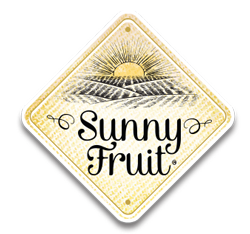
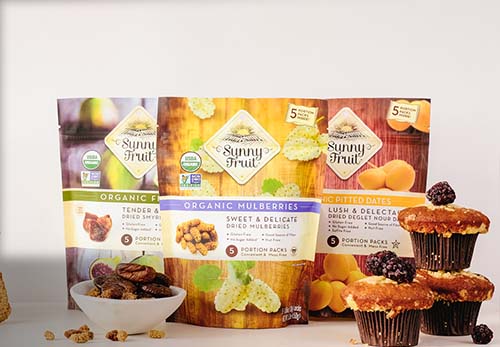
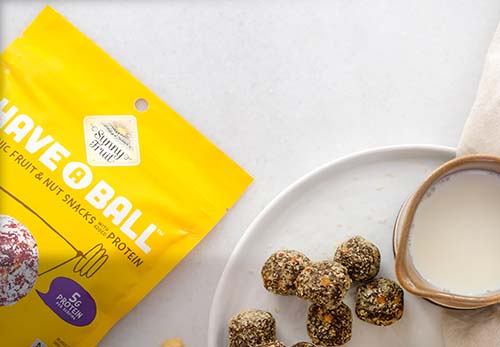
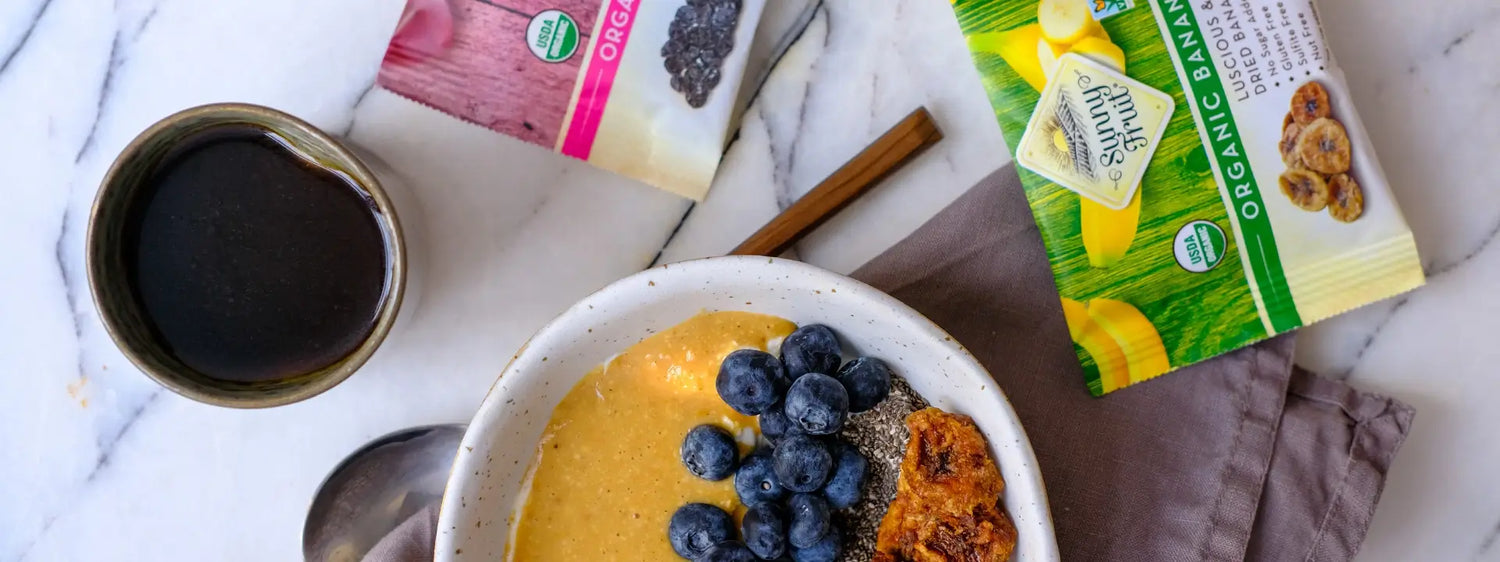

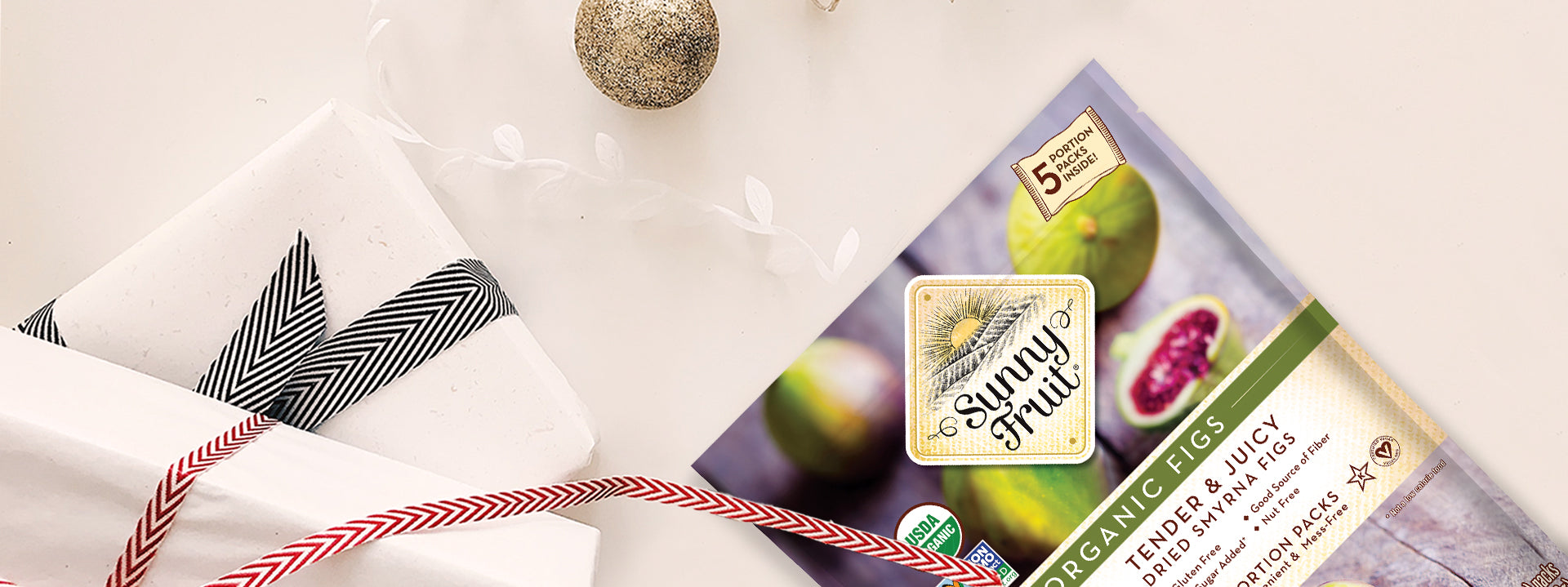
Leave a comment
This site is protected by hCaptcha and the hCaptcha Privacy Policy and Terms of Service apply.